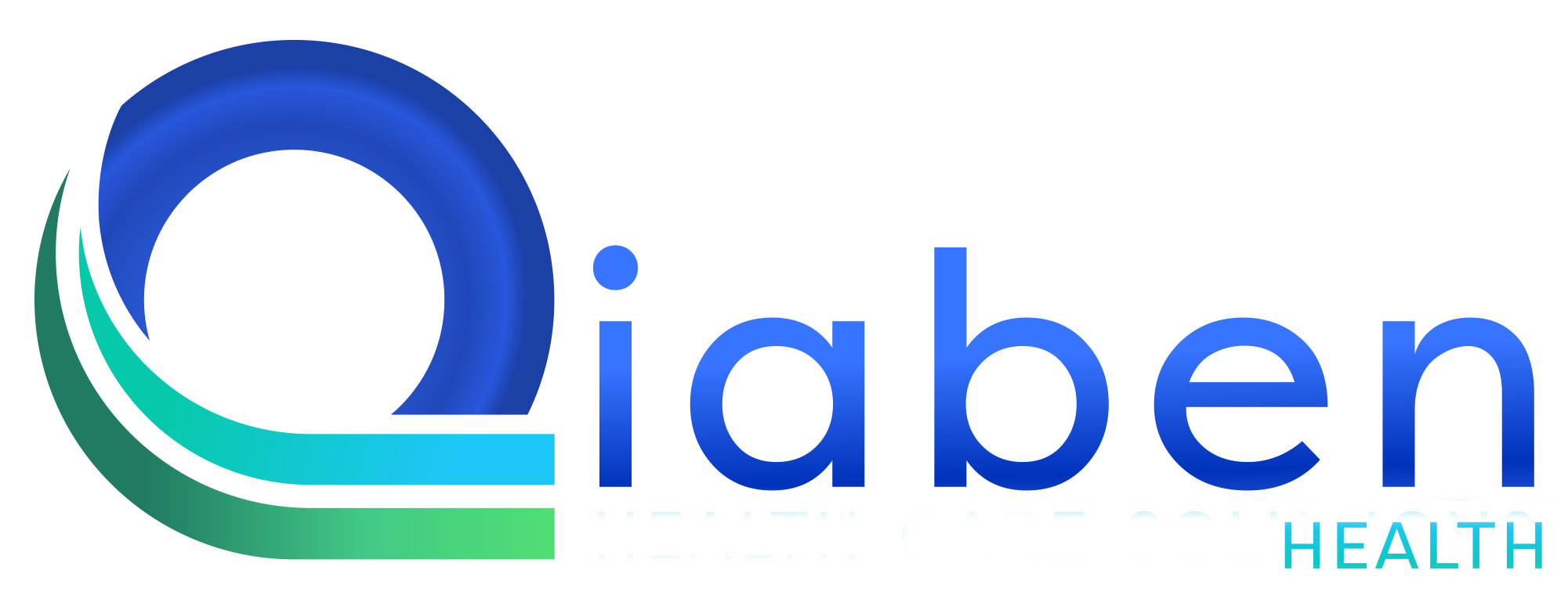The Future of Healthcare Billing: Trends to Watch
The healthcare industry is undergoing a significant transformation, driven by advancements in technology, changing patient expectations, and evolving regulations. As these changes unfold, the future of healthcare billing is becoming increasingly complex yet promising. This blog explores key trends shaping the future of medical and dental billing services, providing insights into what healthcare providers and billing professionals can expect in the coming years.
The Rise of AI in Medical Billing
Transforming Accuracy and Efficiency
One of the most exciting developments in healthcare billing is the integration of AI Medical Billing systems. AI technology has the potential to revolutionize billing processes by enhancing accuracy and reducing the administrative burden on healthcare providers. Traditional billing systems often rely on manual input, which can lead to errors and delays. AI-driven systems, however, can process vast amounts of data quickly and accurately, identifying coding errors, flagging potential compliance issues, and streamlining the entire billing workflow.
Personalizing Patient Billing
AI is not just about efficiency; it’s also about personalization. Patient Billing can be tailored to the individual needs of patients, ensuring that they receive clear, accurate, and timely invoices. This personalization extends to communication, where AI can help craft messages that resonate with patients, improving their understanding of their financial obligations and reducing the likelihood of disputes.
The Growing Importance of Compliance
Navigating Complex Regulations
As regulations in the healthcare industry continue to evolve, compliance is becoming a critical concern for billing professionals. With the introduction of new laws and standards, such as the No Surprises Act and changes to Medicare and Medicaid, staying compliant requires constant vigilance. Medical and Dental Billing services must adapt to these changes, ensuring that billing practices align with the latest regulations to avoid costly penalties.
Leveraging Technology for Compliance
Advanced billing software, integrated with AI, can help healthcare providers stay ahead of regulatory changes. These systems can automatically update coding and billing practices to reflect the latest rules, minimizing the risk of non-compliance. Additionally, AI can analyze historical billing data to identify patterns that may indicate potential compliance issues, allowing providers to address them proactively.
The Shift Toward Value-Based Care
Redefining Reimbursement Models
The healthcare industry is gradually moving away from fee-for-service models to value-based care. This shift focuses on the quality of care provided rather than the quantity of services delivered. For Medical Billing professionals, this means adjusting to new reimbursement models that reward healthcare providers based on patient outcomes.
Adapting Billing Practices
Value-based care requires a rethinking of billing practices. Traditional billing codes may not capture the full scope of care provided, especially when considering outcomes and patient satisfaction. AI-driven billing systems can help bridge this gap by providing more accurate and comprehensive billing that reflects the true value of care delivered.
The Integration of Telehealth and Remote Care
Expanding Access to Care
Telehealth and remote care have become essential components of modern healthcare, especially in the wake of the COVID-19 pandemic. As these services become more prevalent,Medical and Dental Billing services must adapt to the unique challenges they present. This includes billing for virtual visits, remote monitoring, and digital consultations, all of which require new billing codes and procedures.
Streamlining Billing for Telehealth
Billing for telehealth services can be complex, but AI can simplify the process. By automating the coding and billing of remote care services, AI ensures that healthcare providers are compensated accurately and promptly for the care they provide. This not only improves cash flow but also allows providers to focus more on patient care rather than administrative tasks.
The Role of Patient-Centered Billing
Enhancing the Patient Experience
In the future, patient-centered billing will become increasingly important. Patients today expect transparency, convenience, and clarity in their billing experiences. Dental Billing services, for example, must provide easy-to-understand invoices, offer flexible payment options, and ensure that patients have access to their billing information online.
Empowering Patients with AI
AI can play a crucial role in empowering patients in the billing process. By providing real-time updates, predictive cost estimates, and personalized payment plans, AI can help patients manage their healthcare expenses more effectively. This not only improves patient satisfaction but also reduces the likelihood of unpaid bills.
FAQ's
Related: Is AI secure for Medical Data?
What is AI medical billing, and how does it benefit healthcare providers?
How is the shift toward value-based care affecting billing practices?
What challenges does telehealth pose for medical billing?
How can AI improve patient-centered billing?
Qiaben Health’s Perspective
At Qiaben Health, we believe that the future of healthcare billing lies in the seamless integration of technology and human expertise. While AI Medical Billing systems offer unparalleled efficiency and accuracy, we recognize that human oversight and compassion are equally important. Our approach combines cutting-edge technology with personalized service, ensuring that healthcare providers can navigate the complexities of billing with confidence. We are committed to staying ahead of industry trends, providing our clients with the tools and support they need to thrive in an ever-evolving landscape.
What Is OpenEMR? Benefits, Features & Setup Guide for Healthcare Practices
What Is Open EMR? Practicing medicine means juggling patient charts, schedules, medications, billing, and strict healthcare guidelines. Wouldn’t it be great to have a tool

Unlocking the Secrets of Dental Billing: Simplify, Save, and Succeed
At first, dental billing can be overpowering and difficult. If we understand the proper tactics and knowledge about billing, it seems more flexible to work on that.

Empower Growth with Trusted Physician Credentialing Service
In today’s fast-paced healthcare environment, efficiency and compliance are key to success. One essential process that often goes unnoticed but holds massive importance is physician

Transform Your Medical Practice with Qiaben’s OpenEMR Billing Expertise
INTRODUCTION Healthcare operations in the modern era demand complete accuracy and operational efficiency to succeed. Healthcare facilities throughout the United States adopt modern open-source systems

How to Customize OpenEMR for Your Specialty (Dental, Dermatology, etc.)
Introduction OpenEMR is perhaps the most advanced and flexible electronic medical record system on the market. It’s open-source, well-supported, and used by clinics and hospitals

Exploring OpenEMR’s Core Features: What You Need to Know 2025
Introduction OpenEMR has built a strong reputation as one of the most reliable and widespread open-source electronic medical record systems available today. With its long







